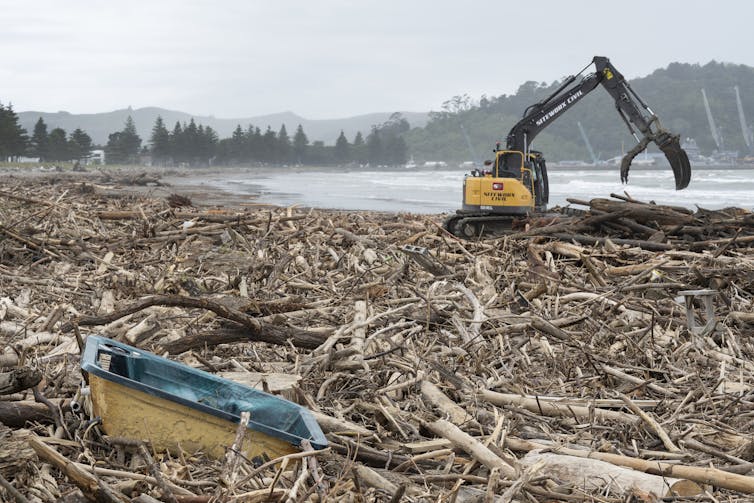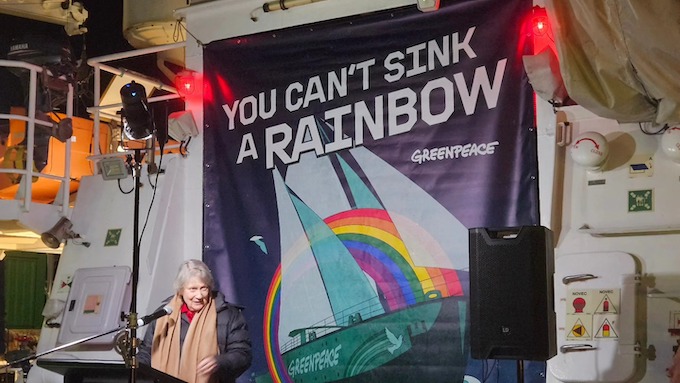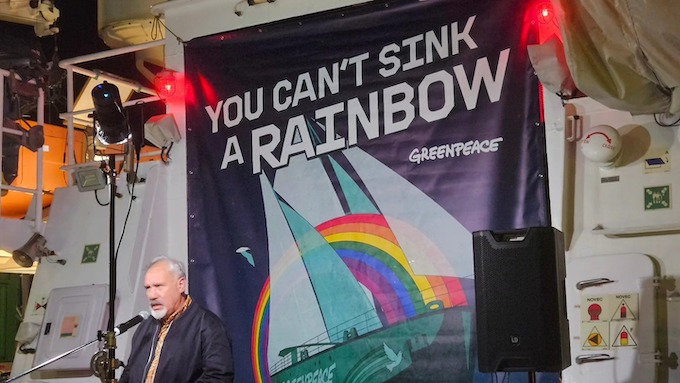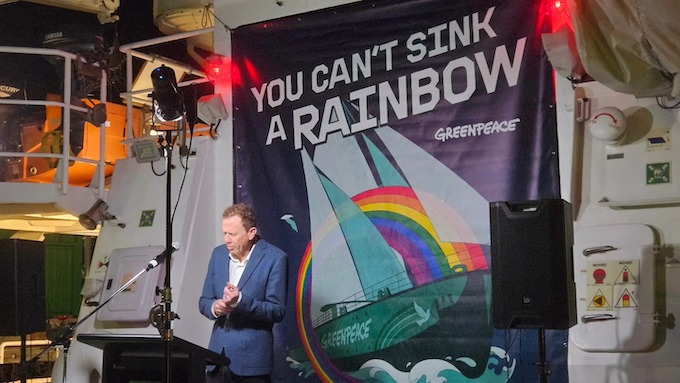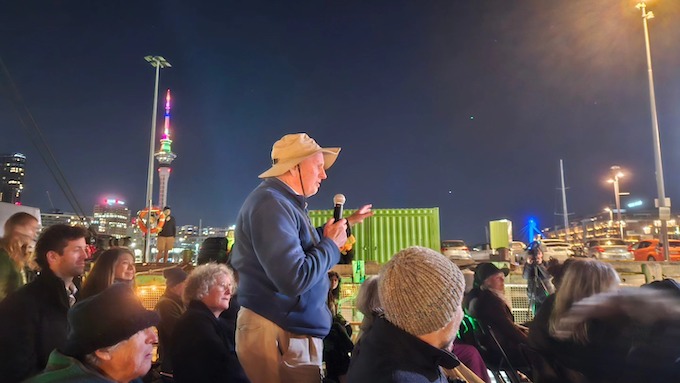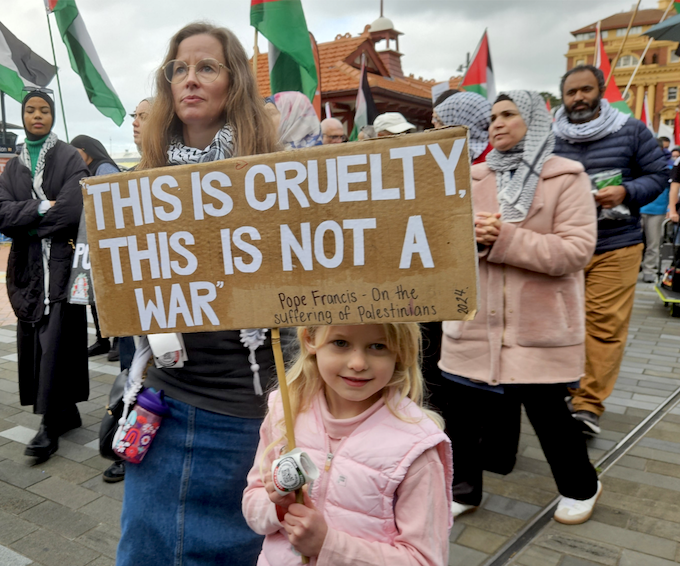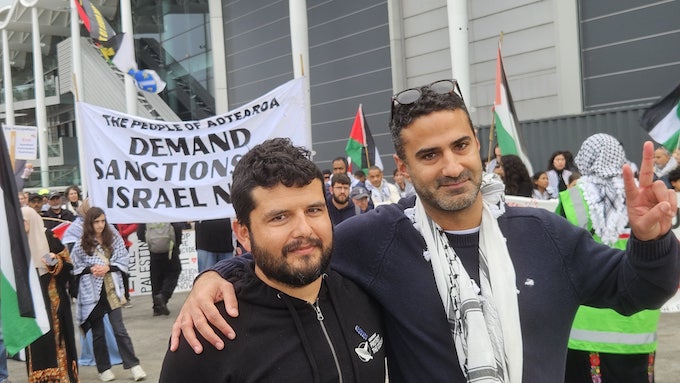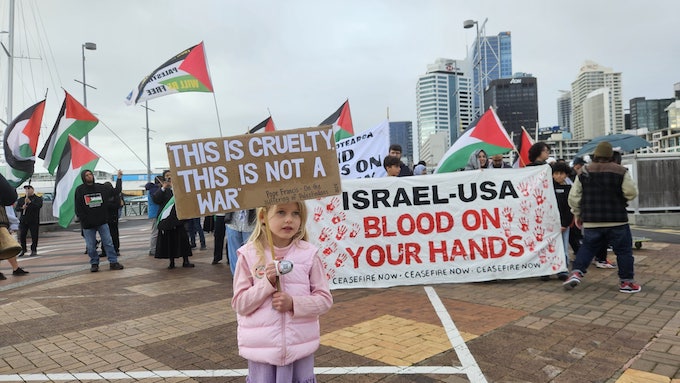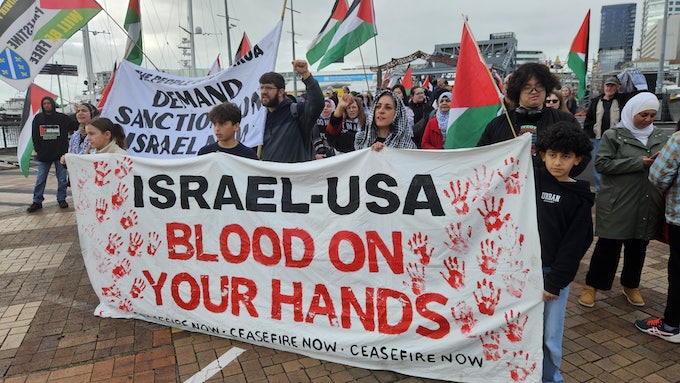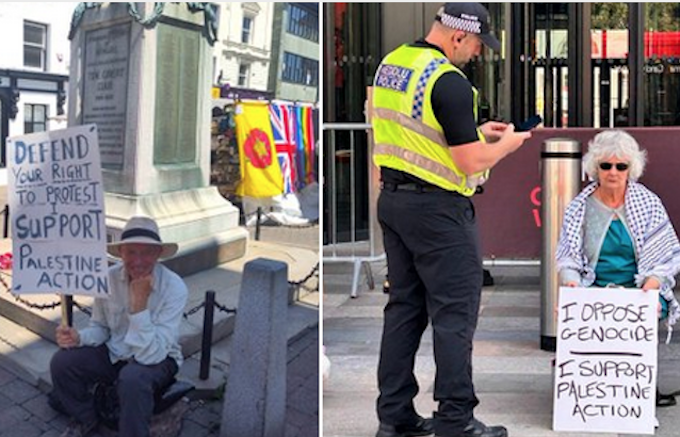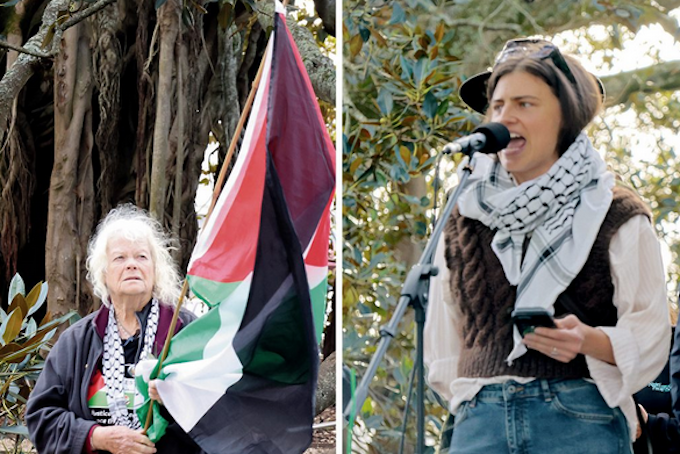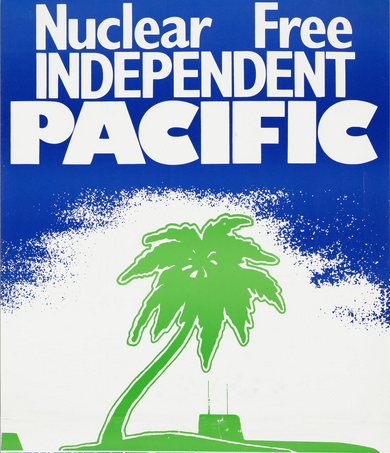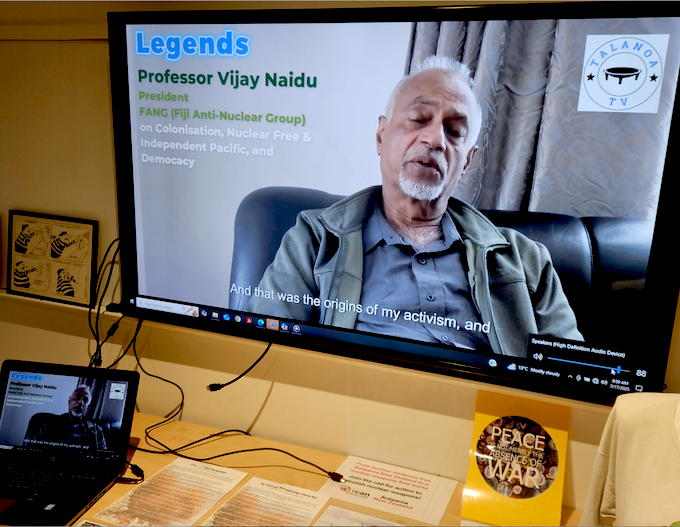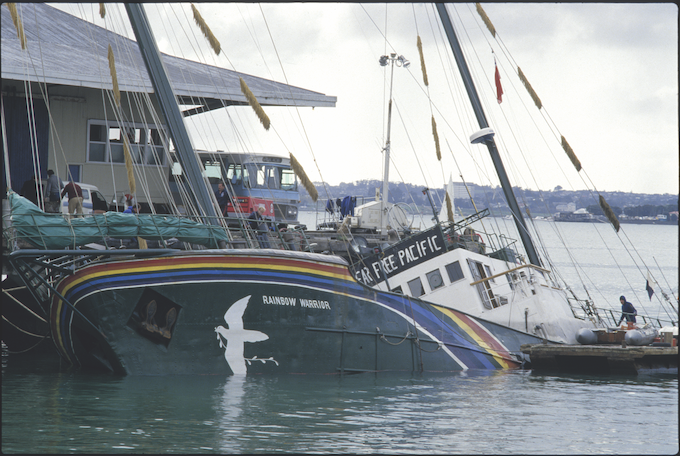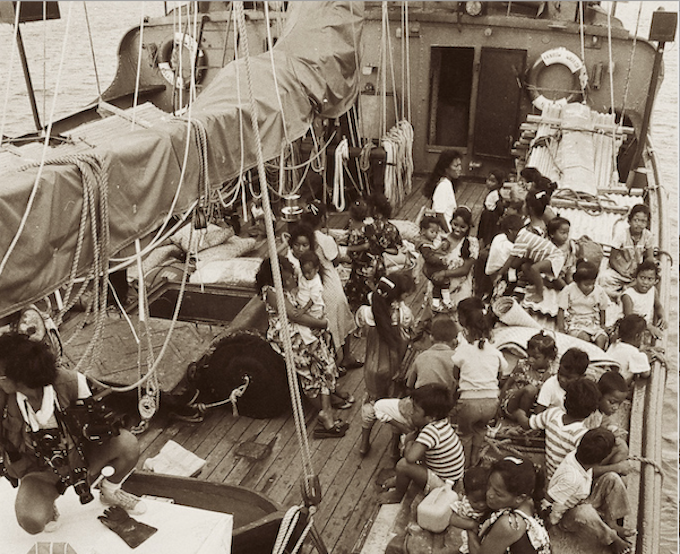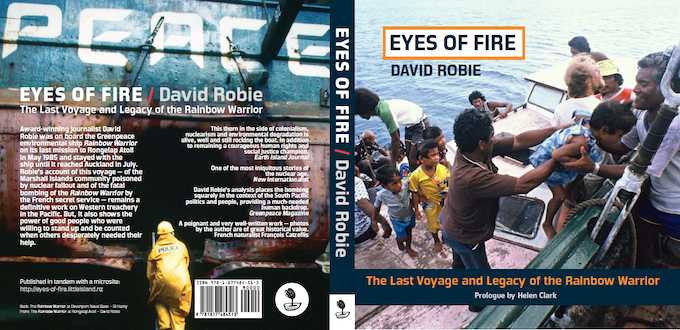ANALYSIS: By Mick Hall
Collective measures to confront Israel’s genocide of the Palestinian people have been agreed by 12 nations after an emergency summit of the Hague Group in Bogotá, Colombia.
A joint statement today announced the six measures, which it said were geared to holding Israel to account for its crimes in Palestine and would operate within the states’ domestic legal and legislative frameworks.
Nearly two dozen other nations in attendance at the summit are now pondering whether to sign up to the measures before a September deadline set by the Hague Group.
New Zealand and Australia stayed away from the summit.
The measures include preventing the provision or transfer of arms, munitions, military fuel and dual-use items to Israel and preventing the transit, docking or servicing of vessels if there is a risk of vessels carrying such items. No vessel under the flag of the countries would be allowed to carry this equipment.
The countries would also “commence an urgent review of all public contracts, in order to prevent public institutions and public funds, where applicable, from supporting Israel’s illegal occupation of the Palestinian Territory which may entrench its unlawful presence in the territory, to ensure that our nationals, and companies and entities under our jurisdiction, as well as our authorities, do not act in any way that would entail recognition or provide aid or assistance in maintaining the situation created by Israel’s illegal presence in the Occupied Palestinian Territory”.
The countries will prosecute “the most serious crimes under international law through robust, impartial and independent investigations and prosecutions at national or international levels, in compliance with our obligation to ensure justice for all victims and the prevention of future crimes”.
They agreed to support universal jurisdiction mandates, “as and where applicable in our legal constitutional frameworks and judiciaries, to ensure justice for all victims and the prevention of future crimes in the Occupied Palestine Territory”.
This will mean IDF soldiers and others accused of war crimes in Palestine would face arrest and could go through domestic judicial processes in these countries, or referrals to the ICC.
The statement said the measures constituted a collective commitment to defend the foundational principles of international law.
It also called on the UN Economic and Social Council (ECOSOC) to commission an immediate investigation of the health and nutritional needs of the population of Gaza, devise a plan to meet those needs on a continuing and sustained basis, and report on these matters before the 80th session of the United Nations General Assembly in September.
Following repeated total blockades of Gaza since October 7, 2023, Gazans have been dying of starvation as they continue to be bombed and repeatedly displaced and their means of life destroyed.
The official death toll stands at nearly 59,000, mostly women and children, although some estimates put that number at over 200,000.
The joint statement recognised Israel as a threat to regional peace and the system of international law and called on all United Nations member states to enforce their obligations under the UN charter.
It condemned “unilateral attacks and threats against United Nations mandate holders, as well as key institutions of the human rights architecture and international justice” and committed to build “on the legacy of global solidarity movements that have dismantled apartheid and other oppressive systems, setting a model for future co-ordinated responses to international law violations”.
Countries face wrath of US
Ministers, high-ranking officials and envoys from 30 nations attended the two-day event, from July 15-16, called to come up with the measures. It is now hoped some of those attendees will sign up to the statement by September.
For countries like Ireland, which sent a delegation, signing up would have profound implications. The Irish government has been heavily criticised by its own citizens for continuing to allow Shannon Airport as a transit point for military equipment from the United States to be sent to Israel.
It would also face the prospect of severe reprisals by the US, as would others thinking of adding their names to the collective statement. The US is now expected to consult with nations that attended and warn them of the consequences of signing up.
The summit had been billed by the UN Rapporteur for Human Rights in the Occupied Palestinian Territories, Francesca Albanese, as “the most significant political development of the last 20 months”.
Albanese had told attendees that “for too long, international law has been treated as optional — applied selectively to those perceived as weak, ignored by those acting as the powerful”.
“This double standard has eroded the very foundations of the legal order. That era must end,” she said.
Co-chaired by Colombia and South Africa, the Hague group was established by nine nations in late January at The Hague in the Netherlands to hold Israel to account for its crimes and push for Palestinian self-determination.
Colombia last year ended diplomatic relations with Israel, while South Africa in late December 2023 filed an application at the International Court of Justice (ICJ) accusing Israel of genocide, which was joined by nearly two dozen countries.
The ICJ has determined a plausible genocide is taking place and issued orders for Israel to protect Palestinians and take measures to stop genocide taking place, a call ignored by the Zionist state.
Representatives from the countries arrived in Bogota this week in defiance of the United States, which last week sanctioned Albanese for attempts to have US and Israeli political officials and business leaders prosecuted by the ICC over Gaza.
Secretary of State Marco Rubio called it an illegitimate “campaign of political and economic warfare”.
It followed the sanctioning of four ICC judges after arrest warrants were issued in November last year for Israel Prime Minister Benjamin Netanyahu and former defence minister Yoav Gallant, for crimes against humanity and war crimes.
Ahead of the Bogota meeting, the US State Department accused The Hague Group of multilateral attempts to “weaponise international law as a tool to advance radical anti-Western agendas” and warned the US would “aggressively defend” its interests.
Signs of division in the West
Most of those attending came from nations in the Global South, but not all.
Founding Hague Group members Belize, Bolivia, Colombia, Cuba, Honduras, Malaysia, Namibia, Senegal and South Africa attended the Summit. Joining them were Algeria, Bangladesh, Botswana, Brazil, Chile, China, Djibouti, Indonesia, Iraq, Republic of Ireland, Lebanon, Libya, Mexico, Nicaragua, Oman, Pakistan, Palestine, Qatar, Saint Vincent and the Grenadines, Uruguay, and Venezuela.
However, in a sign of increasing division in the West, NATO members Spain, Portugal, Norway, Slovenia and Turkey also attended.
Inside the summit, former US State Department official Annelle Sheline, who resigned in March over Gaza, defended the right of those attending “to uphold their obligations under the UN Convention on the Prevention and Punishment of the Crime of Genocide”.
“This is not the weaponisation of international law. This is the application of international law,” she told delegates.
The US and Israel deny accusations that genocide is taking place in Gaza, while Western media have collectively refused to adjudicate the claims or frame stories around Israel’s ethnic cleansing of the strip, despite ample evidence by the UN and genocide experts.
Since 7 October 2023, US allies have offered diplomatic cover for Israel by repeating it had “a right to defend itself” and was engaged in a legitimate defensive “war against Hamas”.
Israel now plans to corral starving Gazans into a concentration camp in the south of the strip, with many analysts expecting the IDF to exterminate anyone found outside its boundaries, while preparing to push those inside across the border into Egypt.
Asia Pacific and EU allies shun Bogota summit
Addressing attendees at the summit yesterday, Albanese criticised the EU for its neo-colonialism and support for Israel, criticisms that can be extended to US allies in the Asia Pacific region.
Independent journalist Abby Martin reported Albanese as saying: “Europe and its institutions are guided more by colonial mindset than principle, acting as vessels to US Empire even as it drags us from war to war, misery to misery.
“The Hague Group is a new moral centre in world politics. Millions are hoping for leadership that can birth a new global order, rooted in justice, humanity and collective liberation. It’s not just about Palestine. This is about all of us.”
The Australian Ministry of Foreign Affairs and Trade was asked why Foreign Minister Penny Wong did not take up an invite to attend the Hague Group meeting. In a statement to Mick Hall in Context, a spokesperson said she had been unable to attend, but did not explain why.
She said Australia was a “resolute defender of international law” and added: “Australia has consistently been part of international calls that all parties must abide by international humanitarian law. Not enough has been done to protect civilians and aid workers.
“We have called on Israel to respond substantively to the ICJ’s advisory opinion on the legal consequences arising from Israel’s policies and practices in the Occupied Palestinian Territories.
“We have also called on Israel to comply with the binding orders of the ICJ, including to enable the unhindered provision of basic services and humanitarian assistance at scale.”
When asked why New Zealand’s Foreign Minister Winston Peters had failed to take up the invitation or send any of his officials, a Ministry of Foreign Affairs and Trade (MFAT) spokesperson simply refused to comment.
She said MFAT media advisors would only engage with “recognised news media outlets”.
Australia’s Prime Minister Anthony Albanese and New Zealand’s Prime Minister Christopher Luxon, as well as a number of his ministers, have been referred to the ICC by domestic legal teams, accused of complicity in the genocide.
Evidence against Albanese was accepted into the ICC’s wider investigation of crimes in Gaza in October last year, while Luxon’s referral earlier this month is being assessed by the Chief Prosecutor’s Office.
Delegates told humanity at stake
Delegates heard several impassioned addresses from speakers on what was at stake during the two-day event in Bogota.
Palestinian-American trauma surgeon, Dr Thaer Ahmad, told the gathering that Palestinians seeking food were being met with bullets, describing aid distribution facilities set up by the US contractor-run Gaza Humanitarian Foundation (GHF) as “slaughterhouses”. More than 800 starving Gazans have been killed at the GHF aid points so far.
“People know they could die but cannot sit idly by and watch their families starve,” he said.
“The bullets fired by GHF mercenaries are just one part of the weaponisation of aid, where Palestinians are ghettoised into areas where somebody in military fatigues decides if you are worthy of food or not.”
Palestinian diplomat Riyad Mansour had urged the summit attendees to take decisive action to not only save the Palestinian people, but redeem humanity.
“Instead of outrage at the crimes we know are taking place, we find those who defend, normalise, and even celebrate them,” he said.
“The core values we believed humanity agreed were universal are shattered, blown to pieces like the tens of thousands of starved, murdered and injured civilians in Palestine.
“The mind and heart cannot fathom or process the immense pain and horror that has taken hold of the lives of an entire people. We must not fail — not just for Palestine’s sake — but for humanity’s sake.”
At the beginning of the summit, Colombian Deputy Foreign Minister Mauricio Jaramillo Jassir told summit delegates the Palestinian genocide threatened the entire international system.
Colombian President Gustavo Petro wrote in The Guardian last week: “We can either stand firm in defence of the legal principles that seek to prevent war and conflict, or watch helplessly as the international system collapses under the weight of unchecked power politics.”
Meanwhile, EU foreign ministers, as well as Israel’s Foreign Minister Gideon Sa’ar and Syrian counterpart, Asaad Hassan al-Shaibani, met in Brussels at the same time as the Bogota summit, to discuss Middle East co-operation, but also possible options for action against Israel.
At the EU–Southern Neighbourhood Ministerial Meeting, EU foreign policy chief Kaja Kallas put forward potential actions after Israel was found to have breached the EU economic cooperation deal with the bloc on human rights grounds. As expected, no sanctions, restricted trade or suspension of the co-operation deal were agreed.
The EU has been one of Israel’s most strident backers in its campaign against Gaza, with EU members Germany and France in particular supplying weapons, as well as political support.
The UK government has continued to supply arms and operate spy planes over Gaza over the past 21 months, launched from bases in Cyprus, while its military has issued D-Notices to censor media reports that its special forces have been operating inside the occupied territories.
Mick Hall is an independent Irish-New Zealand journalist, formerly of RNZ and AAP, based in New Zealand since 2009. He writes primarily on politics, corporate power and international affairs. This article is republished from his substack Mick Hall in Context with permission.
This post was originally published on Asia Pacific Report.
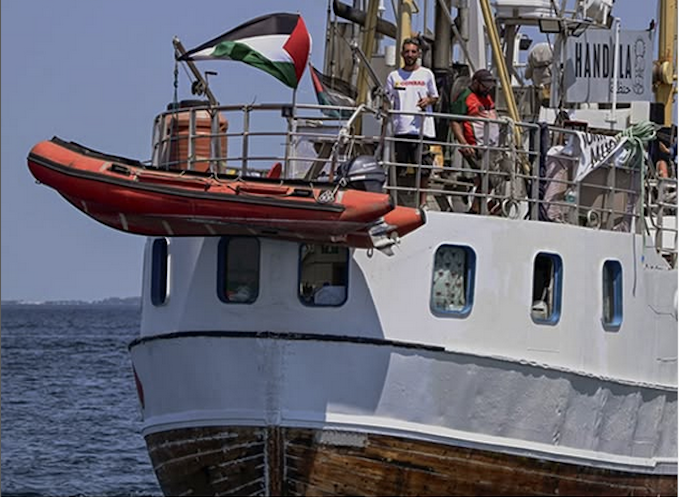
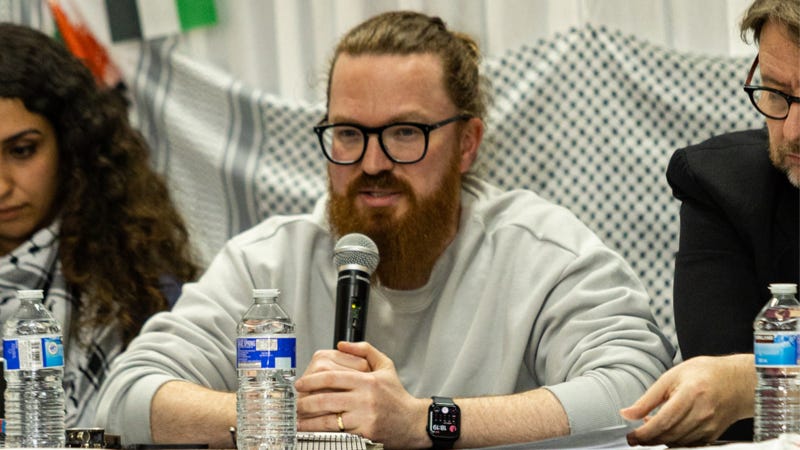
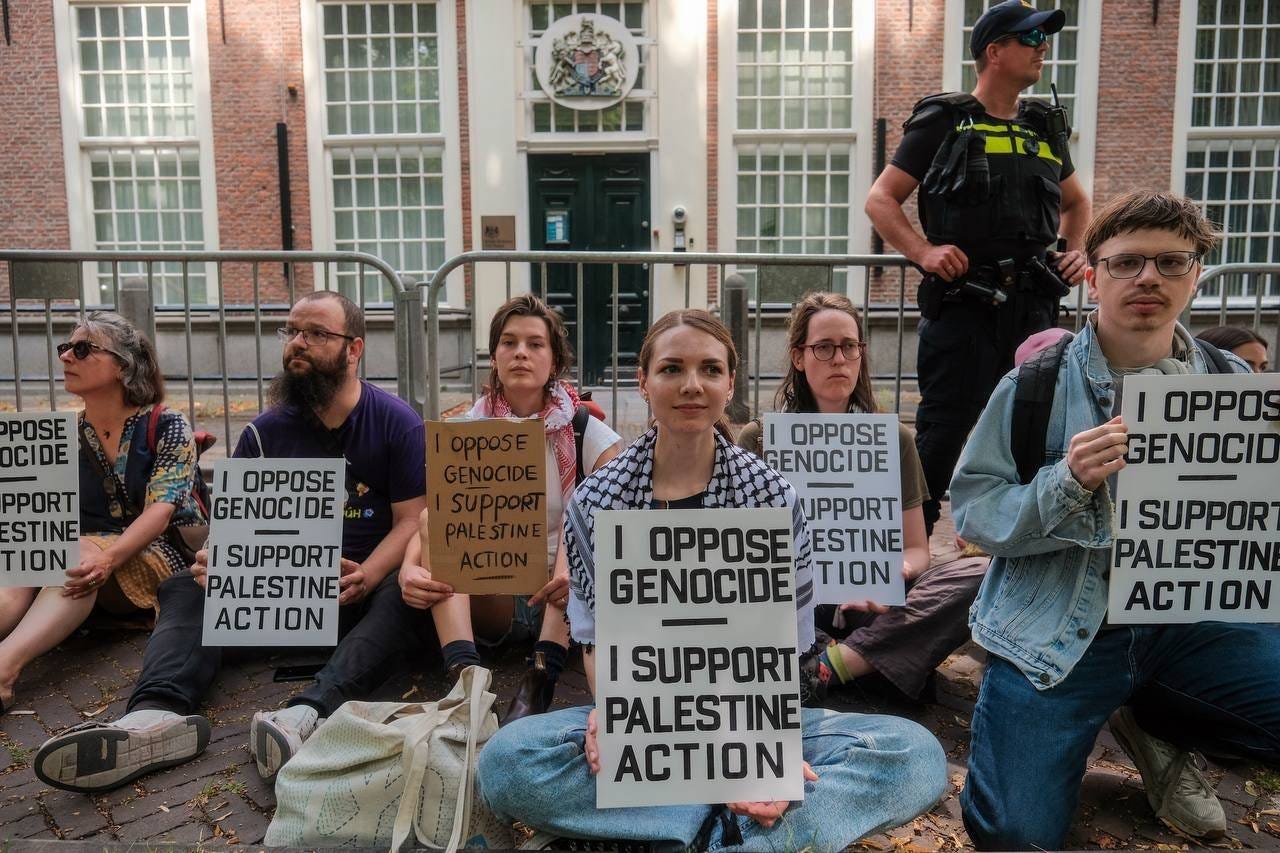
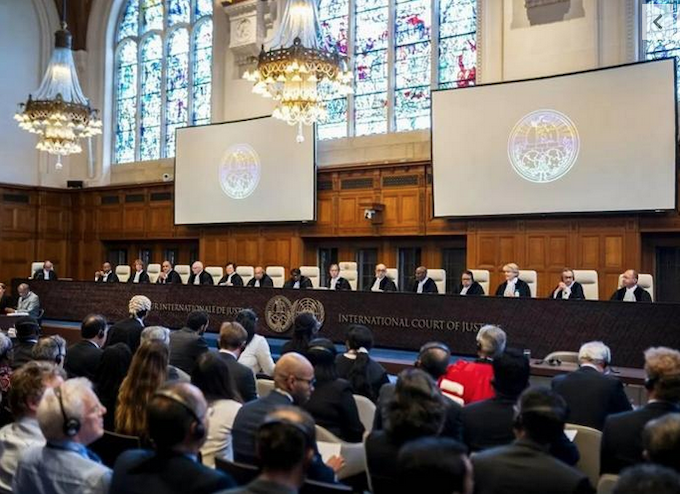
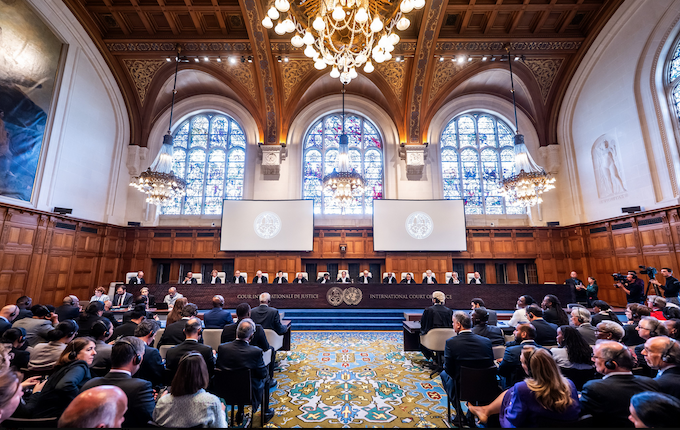
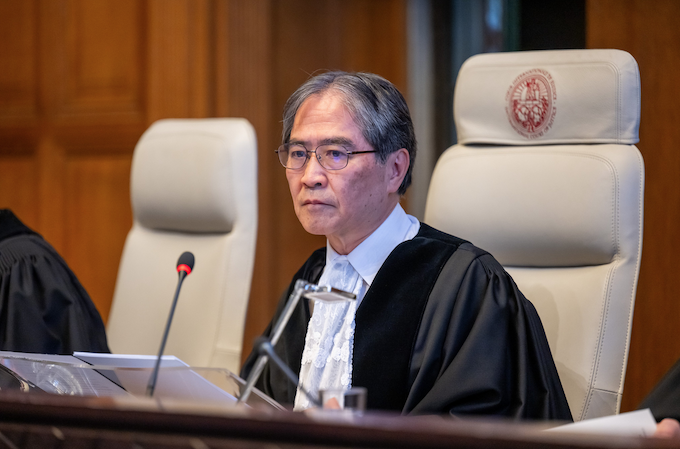




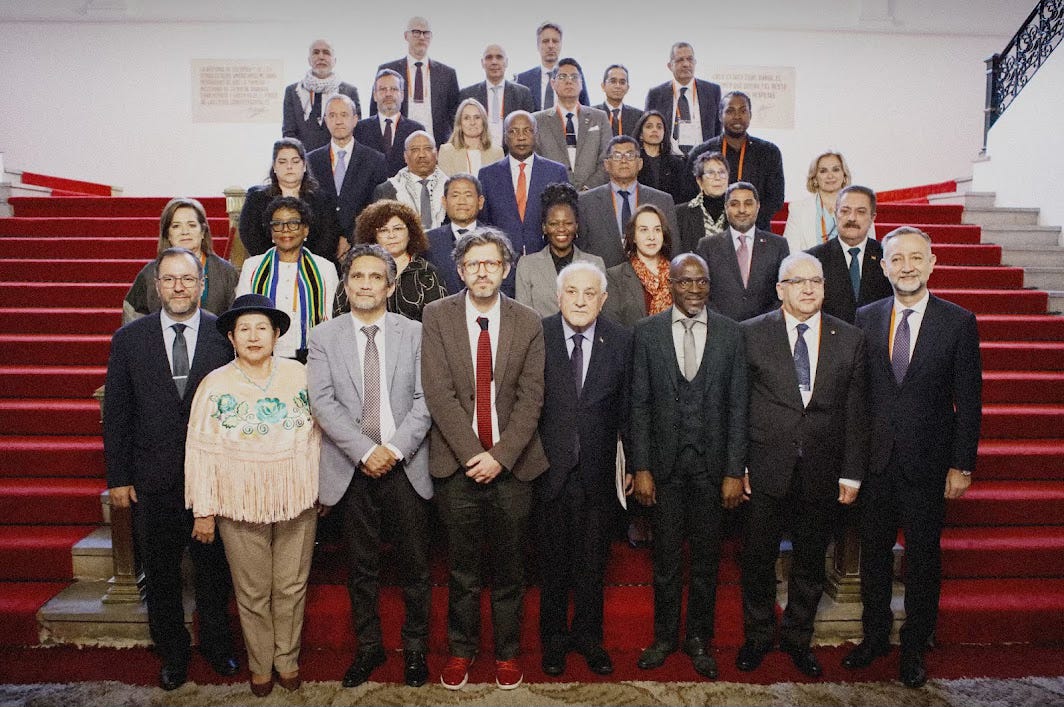
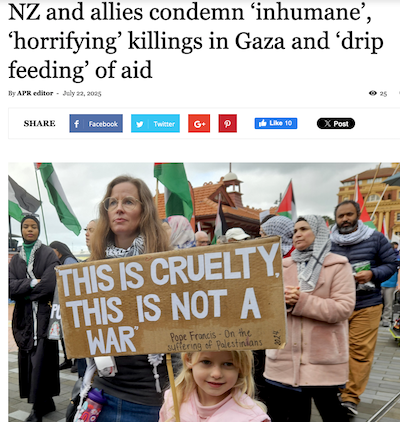

 LIVE updates:
LIVE updates: 